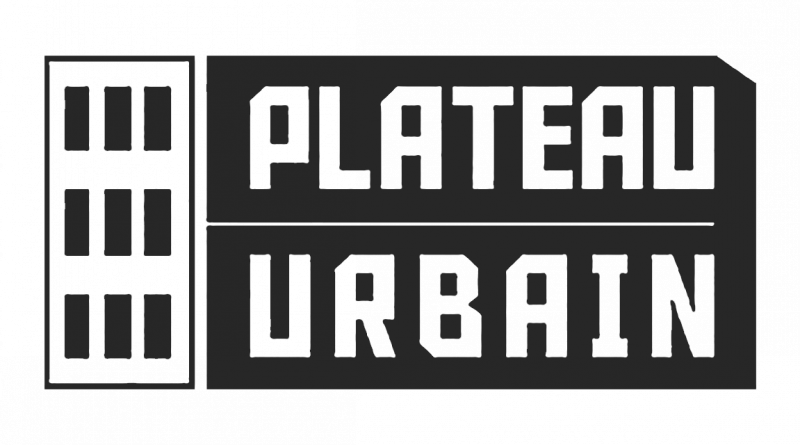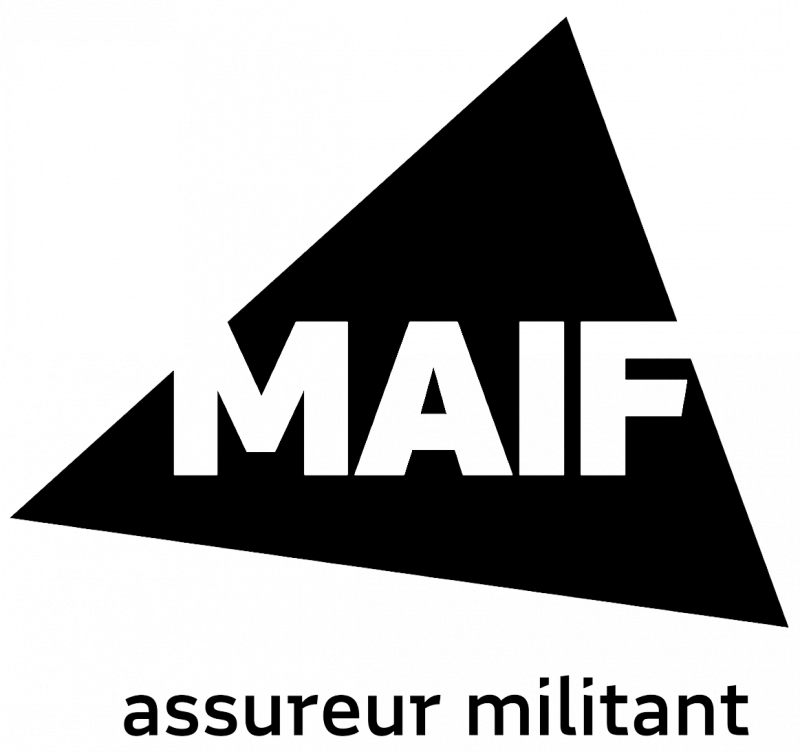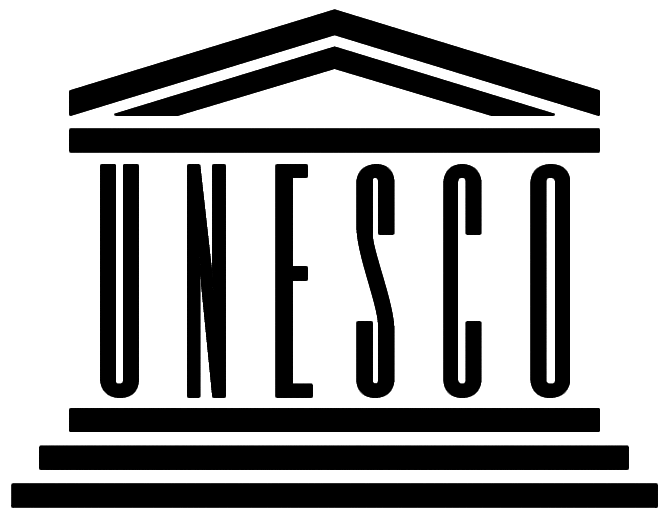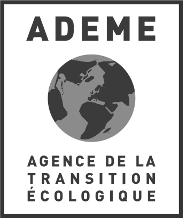Trajectory and history
In 2018, a small group of actors (researchers, artists, authors, etc.) formulate the hypothesis that we will only regain the capacity to act in a deliberate way on the futures we wish to see, by working in a deliberate and constructed way on imaginaries. In order to transform and break away from inherited patriarchal and capitalist figures and their oppressive ideologies, as well as to regain a common direction towards other possible paths, we must reconsider our ways of “doing together”. For some of us, we also need to discover and learn how to develop our “capacities to imagine” other possibilities.
That same year, in order to confirm these intuitions and discover new ones, we invited thinkers, designers, artists, architects, etc. that we considered were reflecting on similar issues, to participate in three days of dialogue, exploration, and conferences, with the objective of inventing the space U+ should become and the different courses of action we were to initiate.
The principles that came out of this event became the foundation of this initiative: Diversity; the federation of different actors from different fields ; bringing together art, science and civil society; world building different possibilities ; the development of new collective methods; and the necessity of integrating ecological and social issues to questions related to transformations and futures.
Today, U+ has over 700 members worldwide. U+’s activities and projects involve all individuals who wish to participate. By mobilizing collective intelligence, they explore both themes and practices with the aim of making ecological, social and economic transformations of today’s world both conceivable and possible.




